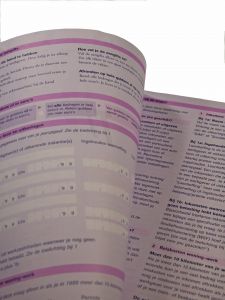The Magnusson-Moss Warranty Act was enacted in 1975 to govern written warranties on consumer products. Oral warranties are not covered by the Act. Commercial warranties are not covered by this Act. Warranties on services are not covered by the Act. Instead, the Act was enacted to require the manufactures and sellers of consumer products to give consumers detailed information regarding warranty coverage, and to require sellers to live up to their warranties.
The Act does not require that a warranty be provided. However, if a warranty is provided it must be clearly written and easy to understand. The warranty must be designated as either “full” or “limited” and readily available for inspection.
Further, if a warranty is provided, the Act serves many useful purposes. First, it allows consumers to get complete information about warranty terms and conditions. The Act also enables consumers to compare warranty coverage before buying a consumer good. Additionally, the Act ensures warranty competition by allowing consumers to be able to pick a product, based on a combination of the price, features, and warranty. Finally, the Acts provides incentives for companies to perform on their warranty obligations in a timely and through manner and to resolve disputes without delay and expense to the consumer.
The Act protects consumers in many ways. First, the Act prohibits the disclaimer of implied warranties when a written warranty is offered. This means that consumers will always receive an implied warranty of merchantability regardless of how broad or narrow the written warranty is. An implied warranty can only be limited to the duration of the written warranty. For example, if a written warranty is limited to one year, then the implied warranty can be also limited to a year.
Continue reading
 New Jersey Lawyers Blog
New Jersey Lawyers Blog








